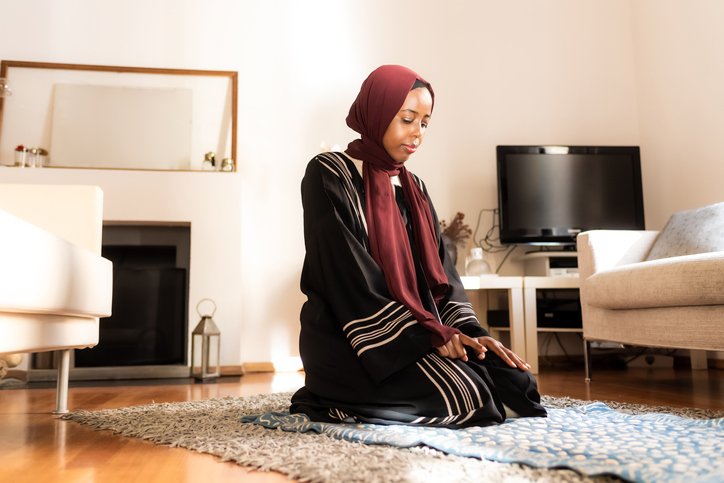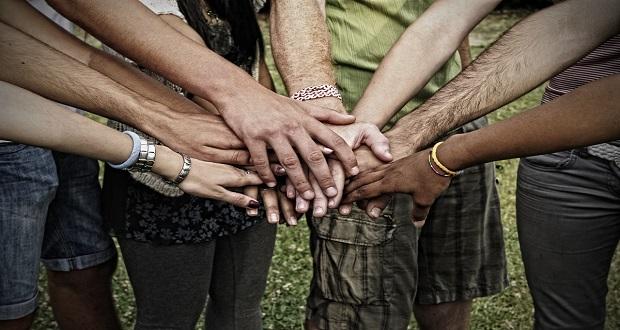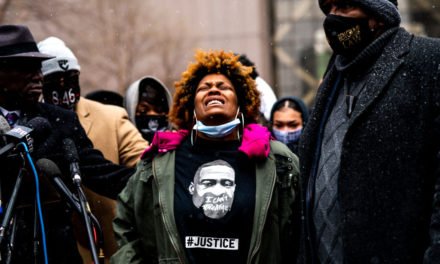Reflections… as I think back on the recent end of Ramadan where Muslims around the world abstain from food, drink, and worldly desires in service of doing more for others by creating a better community for those around us, I wanted to share a few highlights.
The start of the month coincided with the start of April, and it was lovely to hear from so many non-Muslim friends and colleagues who sent messages of Ramadan Mubarak/Happy Ramadan. I remember reflecting to my family that it was such a new/different experience that Ramadan was more known/acknowledged — there were news clips and stories too. They too agreed that more people wished it to them. This may seem small, but as a marginalized member of a community, these acknowledgments can still feel big because they are unique. As kids we didn’t see items labeled for Ramadan or Eid-ul-Fitr (the high holiday post-Ramadan). We sometimes quietly and sometimes outwardly longed for that public recognition, or already-granted time off. Occasionally we’d see an ad recognizing our holidays by a mainstream consumer company (it still catches us by surprise.)
This year was such a different experience, as Ramadan was more acknowledged by friends and colleagues. This may seem small, but as a marginalized member of a community, these acknowledgments can feel big. Share on XNow, we see more public recognition, including a message pop-up that appeared when my youngest was playing the mobile game Subway Surfers — is this what it feels like to have a space? Maybe? Or for a second? The irony is, there is more broad awareness of Ramadan in recent years and yet, I attended a DEI+ conference in April, and there was no particular recognition. I was grateful it was hosted virtually because if it were in person, travel wouldn’t have worked for me during Ramadan. What I mean to say is: we’d likely never host a similar event during other high holiday seasons (Christmas for example).
There is more broad awareness of Ramadan in recent years and yet, I attended a DEI+ conference in April with no recognition of it. Share on XSo, I’m keenly aware of our place and while it may feel a bit like we’ve made it – cards at Target, decorations at Party City and snap chat filters, oh my! – is it inclusion, or a way that some vendors have figured out how to commercialize cultural traditions? And it leaves me wondering, what’s more valuable? Public recognition with missteps or nothing at all … this is a tough one and as a Diversity, Equity, Inclusion and Justice (DEIJ+) practitioner, it begs the question: who is still not in the room? Whether it is advertising or another decision being made, if you don’t know what could be helpful or relevant for some groups within vast global communities, are relevant vendors and members of said communities actually being consulted, uplifted, and supported?
When a decision is being made, if you don’t know what could be relevant for some groups within global communities, are relevant vendors and members of said communities being consulted, uplifted, and supported? Share on XThe spring of 2022 brought forward a unique combination of holidays from many communities co-occurring (which only happens about every 30 years) so that offered some wonderful opportunities for stories, support and exchange. It also left me curious about what will happen next year when it won’t occur that way (our lunar calendar moves earlier every year by about 10 days). Will we still have broad awareness and acknowledgment?
As I plotted my personal floating holiday to take the day off for Eid to celebrate with my family (grateful to have at least this option and supportive colleagues as I know many don’t), I was keenly aware that many others don’t have to do this to engage in their holiday celebrations. My college student couldn’t return home for the celebration as he had classes (it fell on a Monday) so we all navigated what it felt like to celebrate in a new way from a distance; his first year celebrating Eid away and alone, and even he noted: “If Covid taught us anything, I know I could have come home and taken my classes virtually, but it wasn’t even considered as an option.” And my youngest commiserated that she’d lose her perfect attendance because she chose to celebrate the day with her family (it’s an excused absence, but an absence nonetheless that requires catching up on missed work, etc.). My own multiracial/multiethnic family had a beautiful day that included guests from around the world who didn’t have family in the U.S. to celebrate with (Eid Mubarak to all those who celebrated!)
As I plotted to take the day off for Eid (grateful to have at least this option as I know many don’t), I was keenly aware that many others don’t have to do this to engage in their holiday celebrations. Share on XAs we entered into May with our Eid holiday, my Pakistani/Japanese family also entered into Asian, Pacific Islander and Desi American (APIDA) Heritage month, and while we know there needs to be recognition beyond this month, it once again highlights how there is so much more to do to really understand the complex identities and experiences of those in community with us.
I often talk about this work as my life’s work and consider it being comprised of the 5 Ps:
- Patience – this work takes a long time (too long no doubt)
- Positivity – you’ve got to stay focused (this is really hard)
- Persistence – we can’t let up
- Perseverance – be prepared for the long haul
- Passion – I have to be fully committed and love doing it in all aspects of my life (it isn’t just a job and I have to keep at it, even when it is so difficult)
In just the early days of May 2022, I was fortunate to have been inspired by incredible social justice leaders and activists, including the powerful Bryan Stevenson who encourages proximity as a way to deepen connection and understanding. That doesn’t take away from the exhaustion and necessary recognition of horrific histories in the U.S…. but prompts us to commit to a new way of approaching truth and justice. I take the lesson of proximity to heart and continue to attempt this as a means of expanding knowledge and growing relationships.
This month also provided me the chance to celebrate the 30 year anniversary with Asian Americans Advancing Justice Chicago where I have the honor of serving on the board with staff and leaders who fight for racial equity through collective advocacy. We have helped implement new and innovative programs like the Teaching Equitable Asian American Community History (TEAACH) Act which amended Illinois School Code, ensuring that every public elementary and high school student in Illinois learns about the contributions of Asian Americans in the U.S. Content like this was never taught to me as an Illinois student, and it leaves hope for other generations (not just those in the APIDA community) to learn the truth about their vast experiences and histories.
We are also entering into a graduation season for many students; students who have worked so hard to achieve their varied successes and are also asked in many cases to provide the proper pronunciation of their name. They pass the pronunciation card loaded with all its best intentions – yet I listened recently to another butchered name of a dear friend’s daughter and I just think we can do better. It seems so simple, but it’s another clear example where intentions and actions don’t align.
We are entering into graduation season for many students who worked so hard to achieve their varied successes. They pass the pronunciation card, and yet we still hear butchered names. We can do better. Share on XRecent weeks also brought forth numerous racially-motivated targeted shootings across the U.S. So many of us watch in horror as we are once again faced with the reality of hatred in our nation. We need to acknowledge this, and while we often evoke prayers and support (which certainly are needed), there needs to be more specific action and ownership of these never-ending tragedies. In addition to creating space for the mourning and pain, what are we really doing to hold ourselves and our society accountable for fueling race-based hatred and harm?
So, as I continue to reflect on my personal experiences and history, and to bear witness to those with further varied experiences, I also evoke gratitude for access and space to connect and build, and the strength and time to do more to address the trauma and tragedies.
In addition to creating space for the mourning and pain, what are we really doing to hold ourselves and our society accountable for fueling race-based hatred and harm? Share on X


















